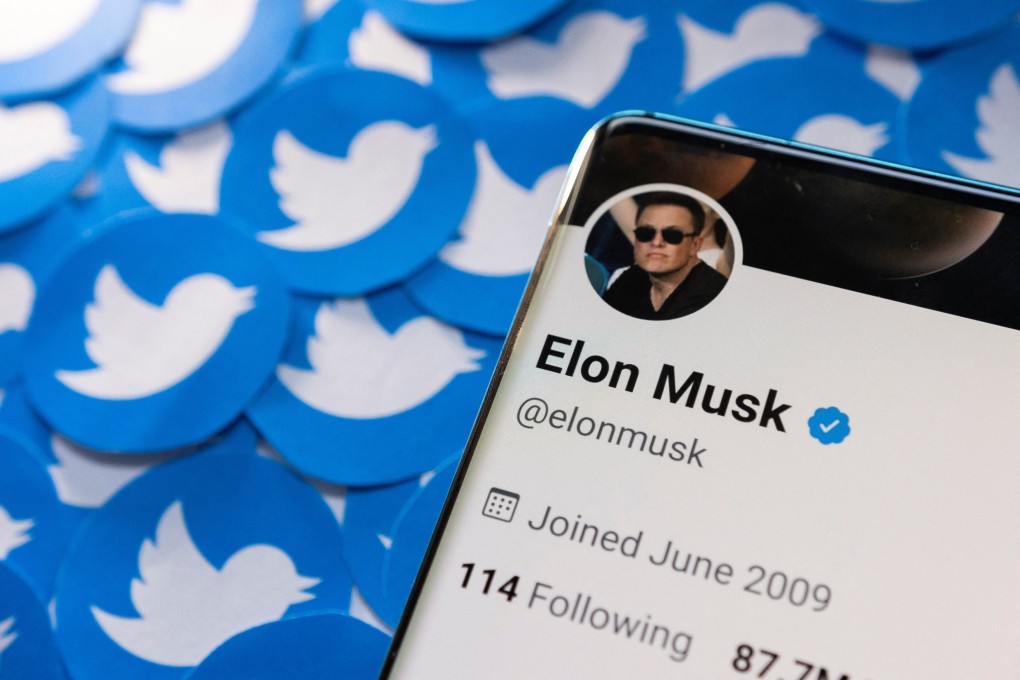Letters | Why Twitter should not ban China and Russia
- Readers discuss the proposal to block the Twitter accounts of some countries, why Hong Kong’s chief executive candidate must adopt a child-centred approach, and what was lacking in his policy platform

Beijing may ban Twitter at home – although virtual private networks or VPNs are widely used – but it doesn’t use it at home either. It only uses Twitter to try to reach foreign audiences to tell its side of the story. After all, it has nothing comparable to Radio Free Asia or Radio Free Europe, which churns out US propaganda abroad. So Twitter helps level the playing field.
Unfortunately, Americans are conditioned by their government and media to believe that anything mainland China or Russia says is propaganda. I enjoyed watching Russia Today America before it shut down. I found the channel factual, although perhaps selective, in its reportage, but it’s the same with CNN or others.
If countries the US sees as adversaries are denied access to Twitter in the US, the US government will more easily spread lies and distortions such as the fictitious North Vietnamese attack in the Gulf of Tonkin or the non-existent weapons of mass destruction in Iraq. And who will counter the Biden administration’s Disinformation Governance Board? American autocracy is coming.
John Chiu, Chai Wan